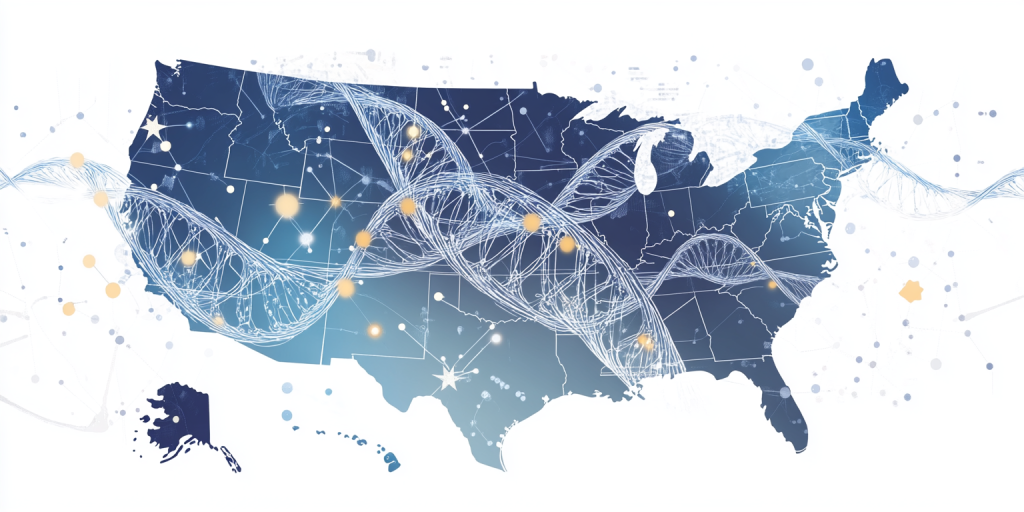
"In the patent dispute over CRISPR-Cas9 technology, the Federal Circuit found an incorrect legal standard applied regarding 'conception' vital to patent law."
"The court emphasized that conception is only complete when the inventor's idea is clearly defined enough that ordinary skill can reduce it to practice."
"While conception precedes invention, it is the reduction to practice that ultimately confirms the invention's operability and functionality."
"Conception in patent law doesn't require the inventor to know their invention will work for it to be considered complete."
The Federal Circuit's recent decision on the CRISPR-Cas9 patent dispute highlights critical aspects of patent law, particularly the concept of 'conception.' The court vacated and remanded a PTAB ruling that awarded priority to the Broad Institute, determining that the PTAB incorrectly assessed 'conception' under patent laws preceding the America Invents Act. Emphasizing that conception is defined as the inventor's complete idea in mind sufficient for others to practice, the court clarified that while invention requires practical demonstration, an inventor need not know if their conception will work for it to be legally complete.
Read at Patently-O
Unable to calculate read time
Collection
[
|
...
]